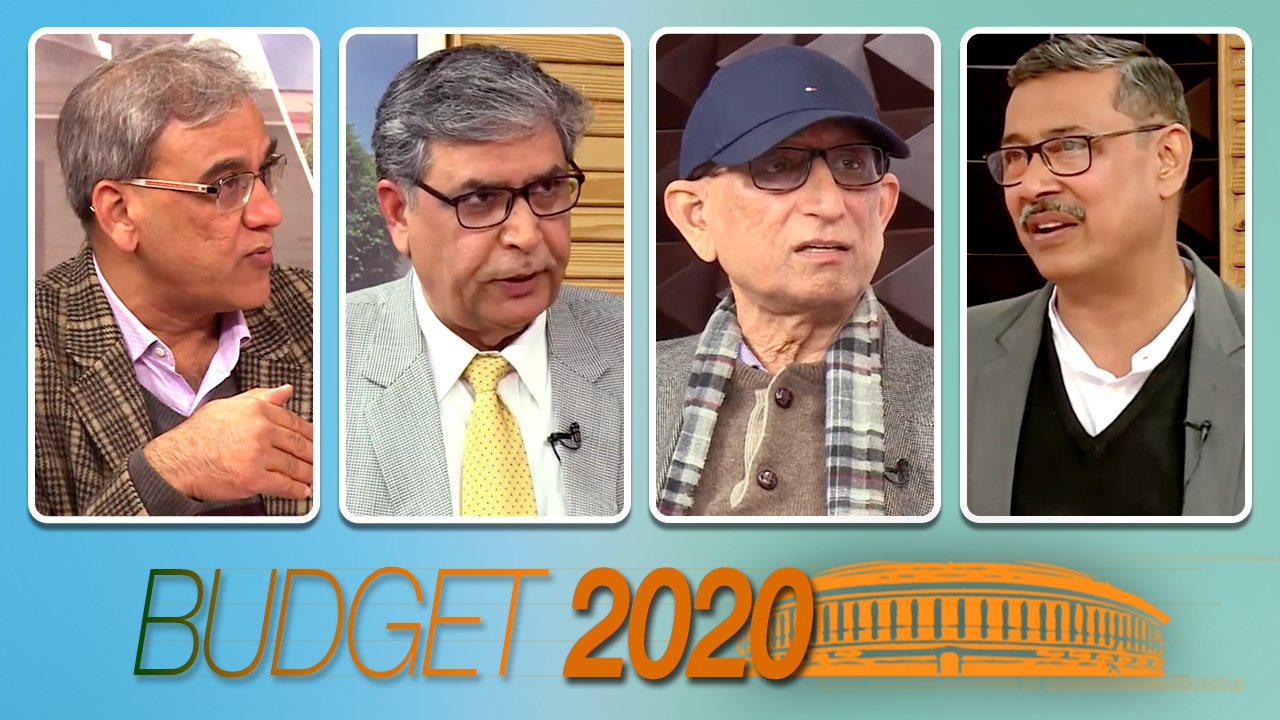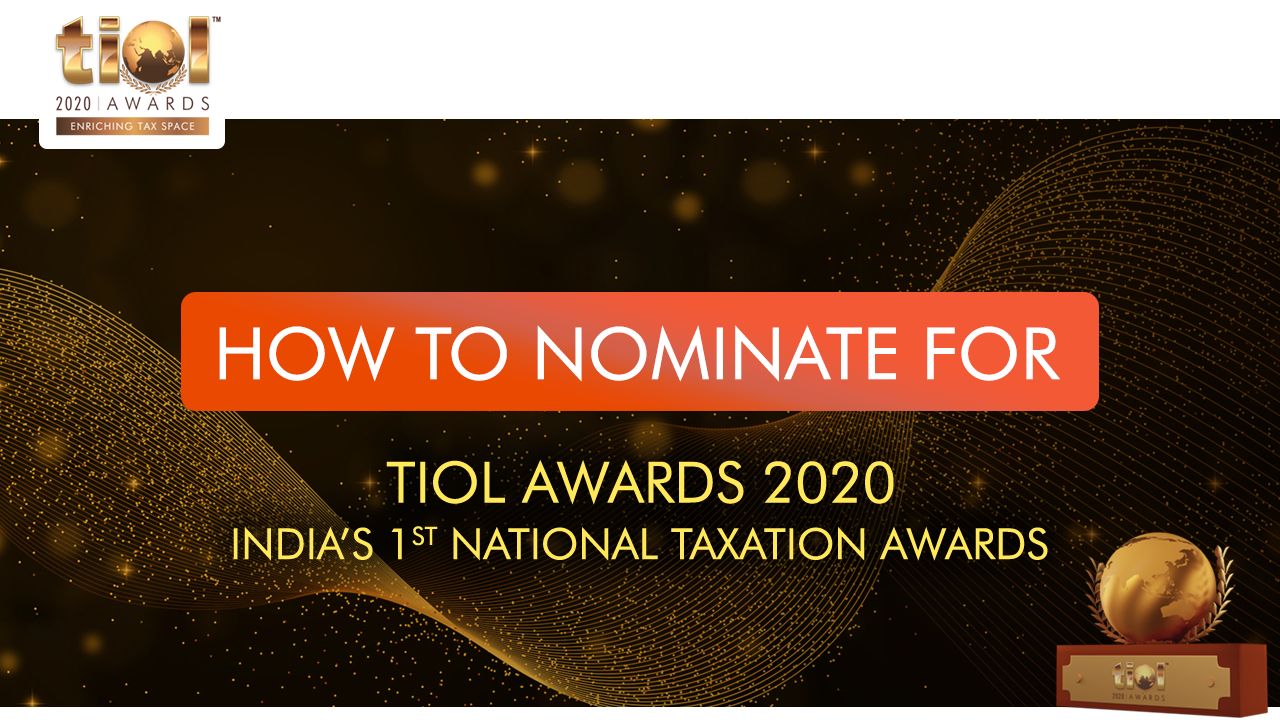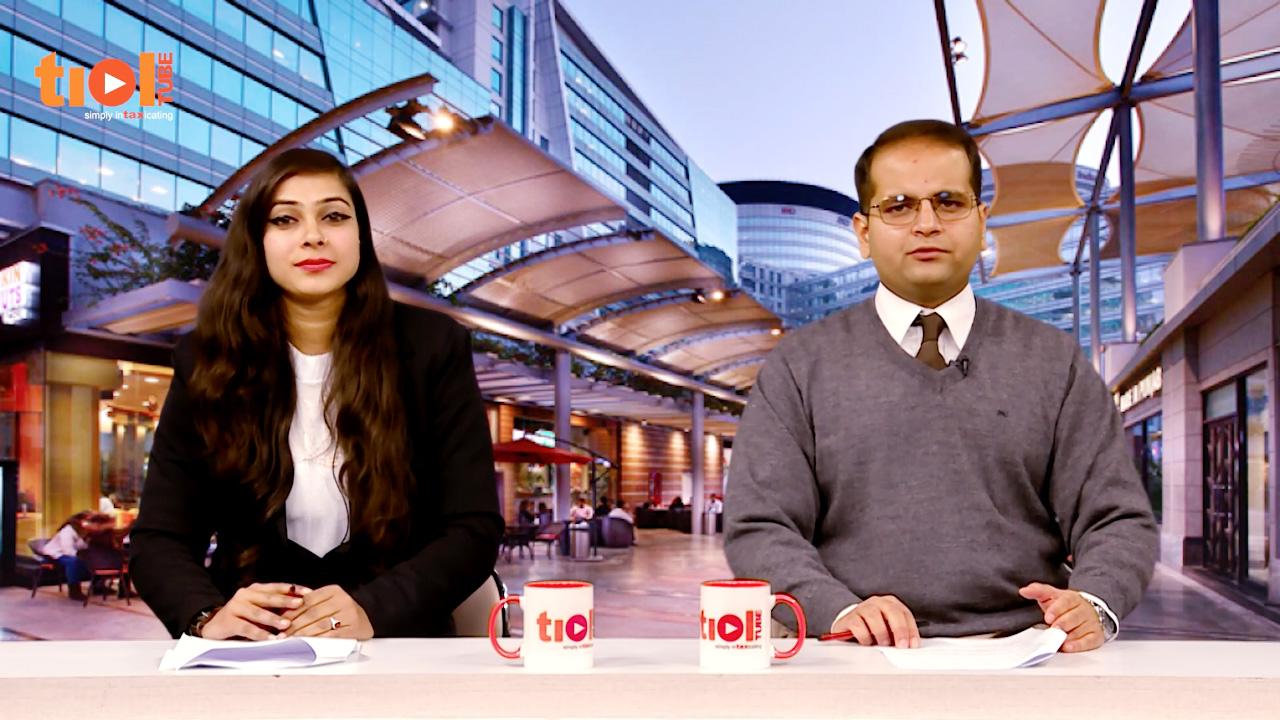| SERVICE TAX 2020-TIOL-237-CESTAT-MUM
Rohit Springforms Pvt Ltd Vs CCT
ST - Appellant was required to deposit only 7.5% of the duty or penalty while filing appeal before Tribunal - Appellant succeeded in appeal and thereafter claimed refund of the amount deposited - On the ground that the amount deposited by the appellant for entertaining the appeal by Tribunal was more than 7.5% of the duty, therefore, interest on the excess amount (i.e. above 7.5% of the duty) deposited by the appellant was denied holding that the said amount has not been deposited under Section 35F - Appeal filed against the impugned order.
Held: Appellant had filed a refund claim for the amount deposited as pre-deposit u/s 35F for entertaining their appeal by Tribunal and any pre-deposit made by the assessee is a deposit under Section 35F of the Central Excise Act, 1944 - appellant has rightly claimed interest u/s 35FF of the Act on the refund of pre-deposit made - appellant is entitled to claim interest on the pre-deposit i.e. the whole amount deposited by the appellant for entertaining the appeal - impugned order is set aside and appeal is allowed with consequential relief: CESTAT [para 6, 7]
- Appeal allowed: MUMBAI CESTAT
2020-TIOL-226-CESTAT-AHM
You Broadband And Cable India Ltd Vs CCE & ST
ST - The assessee-company provided Online Information and Database Access Service - For provision of such service, the assessee provided modems to the subscribers on rent - Though the assessee paid service tax on the Online Information Data Base Access Service, it did not pay any tax on the renting of modems - Duty demand was raised under Online Information and Data Base Access Service in respect of the transaction involving modems - On appeal, such demand was sustained by the Commr.(A) - Hence the present appeal.
Held - Indubitably, the assessee paid service tax on the internet service provided to the customers, while also giving modems out on rent - The transaction of providing modem on rent is an independent transaction on which the assessee paid VAT - Hence the activity of providing modem is deemed sale as per Article 366(29A) of the Constitution and the same is exclusive from service - Since the nature of the transaction is not disputed and the same is deemed sale, no service tax can be demanded - Hence the O-i-A in question merits being set aside: CESTAT
- Assessee's appeal allowed: AHMEDABAD CESTAT
CENTRAL EXCISE
2020-TIOL-236-CESTAT-MUM
Piramal Healthcare Ltd Vs CCGST
CX - Issue to be decided is whether the Cenvat Credit of duty paid by a 100% EOU, which according to the department is customs duty, is admissible to the receiver, appellant?
Held: A plain reading of the notification 23/2003-CE dated 31/03/2003 reveals that when 100% EOU has paid Excise duty u/s 3 ibid r/w Sr. no. 2 of the said notification, the admissible quantum of Cenvat Credit is to be calculated in accordance with the formula prescribed under Rule 3(7) of Cenvat Credit Rules, 2004 whereas Section 3 of Central Excise Act provides that the duty charged by an EOU is a duty of Excise charged by 100% EOU and the amount of duty charged is one single amount and it does not contain any bifurcation like DCD,CVD etc. - In the instant Appeal, it is not the case of the Revenue that the supplier i.e.100% EOU has availed the exemption under Serial No. 2 of Notification No. 23/2003-CX, their only case is that the EOU supplier has availed benefit of exemption under serial no. 1 of the notification - It is settled position that Rule 3(7) ibid comes into operation only if the benefit has been availed under serial no. 2 of the aforesaid notification as the application of the said rule is conditional upon availing such exemption - No authority produced by Revenue where it is held that Rule 3(7) will be applicable irrespective of the fact whether the supplier has availed exemption under serial no. 2 or not - Appellants are justified in taking credit of the amount of duty in issue - Appeal allowed: CESTAT [para 5, 6]
Limitation - The period involved in the matter is from April 2009 to April 2010 whereas the show cause notice was issued on 28/04/2014 - The credit availed by the Appellant was being reflected in their credit account and, therefore, no suppression or malafide with intent to effect duty can be attributed to the Appellants - Demand is time barred - Appeal allowed with consequential relief both on merits as well as on limitation: CESTAT [para 5, 6]
- Appeal allowed: MUMBAI CESTAT
2020-TIOL-235-CESTAT-MUM
Sahakar Maharshi Bhausaheb Thorat Ssk Ltd Vs CCE & ST
CX - Rule 6 of CENVAT Credit Rules, 2004 is inapplicable to Bagasse, press mud generated during the course of manufacture of sugar, molasses for the period after 01.03.2015 – Allahabad High Court in the case of Balarampur Chini Mills Ltd Vs UoI has held that Rule 6 of the CENVAT Credit Rules would have no application for reversal of CENVAT Credit in relation to Bagasse; that the Circular No. 1027/15/2016-CX , dt.25.04.2016, contained to the extent that it includes Bagasse under the purview of the reversal of credit of input services in terms of Rule 6 of the CR, 2004 as well as the impugned Show Cause Notice dt.24.03.2017 are quashed – following the same, no merit in the impugned order, hence the same is set aside – appeal allowed with consequential relief: CESTAT [para 5, 6]
- Appeal allowed: MUMBAI CESTAT
2020-TIOL-234-CESTAT-MUM
Saikrupa Sugar And Allied Industries Ltd Vs CCT & CE
CX - Appellant is engaged in the manufacture of sugar and molasses - In the course of manufacture of sugar and molasses, bagasse is generated which has been sold by the appellant without payment of any duty - Revenue is of the view that as bagasse is a byproduct which is not dutiable, therefore, for the inputs and input services used in the manufacture of molasses, the appellant is required to maintain separate accounts and since the appellant is not maintaining separate account for inputs and input services for manufacture of dutiable and exempted products, therefore, the appellant is liable to pay an amount @ 6% of value of bagasse in terms of Rule 6(3) of the CENVAT Credit Rules, 2004.
Held: Bagasse is not a manufactured product and, therefore, Rule 6 of the Cenvat Credit Rules, 2004 shall have no application – impugned order set aside and appeal allowed with consequential relief: CESTAT [para 4 to 6]
- Appeal allowed: MUMBAI CESTAT
2020-TIOL-224-CESTAT-DEL
Pawan Bansal Vs CCE
CX - Allegations of clandestine removal - It has been emphatically held by the jurisdictional High Court as well as other High Courts and the Supreme Court as also the Tribunal in various cases that cross-examination of the investigating officers as well as persons from whom statements are taken and used against the assessee must be provided to the assessee before any adjudication is made to confirm any demand failing which the orders must be vacated as being violative of natural justice and unauthorized by law - Cross-examination is also essential to take the alleged statements as evidence in record and giving opportunity to the revenue to prove the same and the assessee to rebut the same - The denial of cross-examination would disentitle the revenue to rely upon the alleged statements against the assessee in any manner whatsoever to draw any adverse inference and the entire allegation must be dropped - Failure to do so has vitiated the impugned orders which are liable to be vacated in this appeal as non-est - The adjudicating authority is held to be wrong in merely repeating the allegations made in the show cause notice without any understanding of facts and law: CESTAT [para 7]
CX - Law is well settled that in respect of any allegation of clandestine removal the onus is squarely and solely on the Revenue to prove what it alleges and that onus of the revenue cannot be shifted to the assessee - The assessee cannot be called upon to prove the negative - There is no investigation whatsoever or any proof brought on record by the revenue in regard to the alleged clandestine production and unaccounted removal of excisable goods by the assessee - Mere allegation by the Revenue cannot take the place of proof - Suspicion, however grave, cannot be taken as the basis to confirm demand by alleging clandestine removal of excisable goods: CESTAT [para 6]
CX - There is no iota of evidence apparent on record specifically to the corroboration of the software data recovered during search - There is no compliance of Section 36B of Central Excise Act (pari materia to Section 65B (Admissibility of electronic records) of Indian Evidence Act, 1872) - Sub Clauses (2) & (4) prescribes very stringent conditions for Computer Printouts to be a piece of admissible evidence - Not even Section 45A of The Indian Evidence Act has been resorted as there is no apparent opinion of examiner of electronic evidence - The sole relied upon evidence as corroboration to the documents recovered and their connection with appellant is the statement of Mr. Pawan Bansal which stands retracted - Law is settled that admissions can be the sole basis of confirming guilt provided those are voluntarily made and have never been retracted - Thus, the impugned order is, therefore, liable to be vacated: CESTAT [para 8]
CX - Law is well settled that the adjudication in a quasi-judicial proceeding must be fair and objective and the authority concerned must act correctly in accordance with law - In the present case the adjudicating authority is opined to have acted solely to confirm demands mechanically with pre-determined negative mind because of his bias and prejudice and no willingness to appreciate the facts and records and apply the law correctly - impugned order is clearly unsustainable, hence is hereby set aside - appeals allowed: CESTAT [para 9 to 11]
- Appeals allowed: DELHI CESTAT
CUSTOMS
2020-TIOL-233-CESTAT-MUM
Sandeep Babulal Purohit Vs Pr.CC
Cus - During the course of search, 228 pieces of television sets of 'Sony' and 'Samsung' were recovered from the premises of the appellant - Revenue alleged that the appellant had smuggled these goods - Duty demanded and penalty imposed - goods were confiscated and option was given to redeem the same on payment of redemption fine - appeal to CESTAT.
Held: Allegations made by Revenue are vague - These television sets are having serial numbers and in the case of Samsung Malaysia, it was enquired by Revenue regarding whether these television sets with the serial numbers have been manufactured by them or not and in reply to the query, the same was answered in the negative - If that is the situation, Revenue has failed to prove that the television sets in question are smuggled ones - Moreover, the item (Television) in question is not notified item under Section 123 of the Customs Act, 1962, therefore, the appellant is not required to prove that these television sets have been procured by them from licit means - Inasmuch as it is the burden on the Revenue to prove that these television sets are smuggled-ones and which Revenue has failed to - In that circumstances, it is held that the appellant is neither liable to pay any duty nor are these goods are liable for confiscation - No redemption fine and penalty is imposable on the appellant - Impugned order is set aside and appeal allowed with consequential relief: CESTAT [para 6, 7]
- Appeal allowed: MUMBAI CESTAT
2020-TIOL-225-CESTAT-ALL
CC & CE Vs Aseem Global Ltd
Cus - ROM filed by Revenue seeking recall of Final order dated 01.08.2018 on the ground that the disputed amount involved is more than Rs.10 lakhs and hence the same is not covered by the litigation policy.
Held: Bench notes that the disputed Customs duty is around Rs.12 lakhs, therefore, final order is recalled and the appeal is restored to its original number - since short issue is involved, matter is taken up for disposal - Since all the proposals of revenue have been accepted and ordered accordingly by the Original Adjudicating Authority through the impugned order, Bench does not find any grievance on behalf of revenue - appeal being infructuous, same is dismissed: CESTAT [para 2, 3]
- ROM allowed/Appeal dismissed: ALLAHABAD CESTAT
| 






